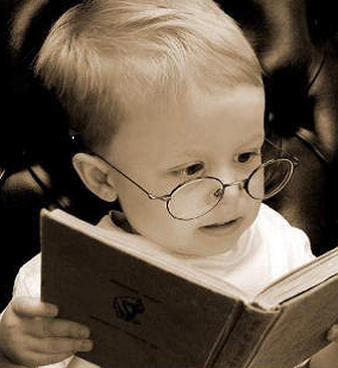| Research carried out during the last few years has shown that learning a second language, regardless of gender or race, can enhance children’s overall mental development. This results in increased language skills, self-esteem, thinking and reasoning skills and maths ability plus earlier reading. For example: Maths: a second language increases the ability to solve complex problems English: a second language increases the vocabulary available to a child. This results in both languages reinforcing each other, giving the bilingual child an edge over their mono-linguistic contemporaries. Children can learn much about English by learning structures and words in other languages. Parents report that their children are learning a third and fourth languages more easily, particularly when the new language shares a similar alphabet or language structure. Research has also shown that bilinguals develop superior writing and reading skills. Learning another language has been shown to enhance cultural understanding. Being able to speak to people from different countries and cultures exposes the child to different ways of thinking, different attitudes, habits and views. It also opens new doors. As a result, children learn early on that there is more than one way to everything. | Bilingual children, in another study, who had been exposed to a second language from an early age proved to have a greater density of grey matter, i.e. that part of the brain which is responsible for processing information, including memory, speech and sensory perception. By providing your child with the opportunity to learn a new language, you are giving them a gift that will benefit them for the rest of their lives. |
|
0 Comments
Leave a Reply. |
AboutThese blogs are about learning a foreign language and how utilising that skill can help to keep your mind active and assist with your cognitive function. Archives
July 2024
Categories |


 RSS Feed
RSS Feed

